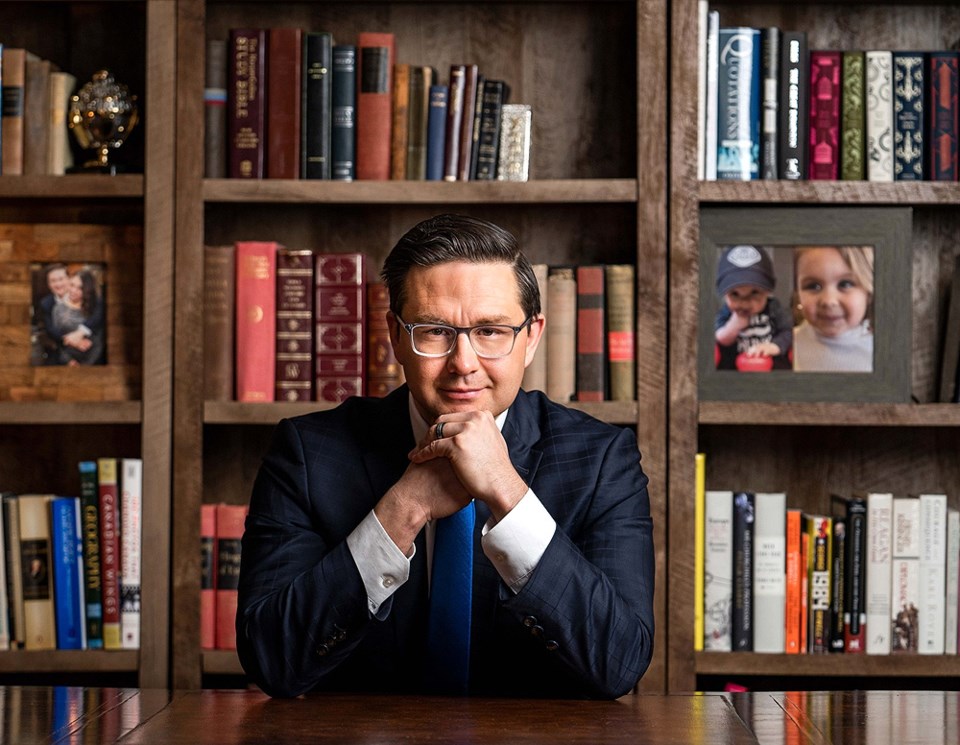Now comes the heavy lifting for newly crowned Conservative Party leader Pierre Poilievre.
Winning his party’s leadership was a breeze. Winning over enough members of the general voting public to form government is an entirely different task, and surely a much more difficult one.
But make no mistake – Poilievre has instantly made the Conservatives competitive enough to worry the Justin Trudeau-led Liberal Party, which has faced two weak challengers (Andrew Scheer and Erin O’Toole) in the last two elections.
One of Poilievre’s biggest strengths is his ability as a communicator. The trick for him now is to employ that skill talking about the issues that will resonate with voters who have not voted for his party in recent elections.
During his leadership campaign, Poilievre spent much of his time talking about fringe issues such as vaccine mandates, the Bank of Canada governor, cryptocurrency and the World Economic Forum.
He also willingly associated with extremists, or at least refused to disassociate himself from them.
While this approach obviously worked well in the leadership race, it is unlikely to gain the same traction with the general voting public, particularly in urban areas where most of the electoral ridings are located.
However, if Poilievre can pivot and make such issues as affordability, taxation and housing his top priorities, he may catch lightning in a bottle. Many commentators think he will also mine the immigrant vote as both Liberal and Conservative governments successfully did in the past.
Working to his advantage is that the Trudeau government’s best before date has likely expired. The prime minister’s own popularity has sunk to historic lows, and it will be a challenge to rebuild his brand.
Of course, the Liberals (and the NDP) will exploit and use Poilievre’s vulnerabilities to the hilt.
They will brand him as an extremist who refuses to distance himself from far right extremists like Jeremy McKenzie and James Topp. They will paint him as the Canadian version of Donald Trump, with all the distasteful and offensive imagery and rhetoric that is associated with the former U.S. president.
Their inevitable attacks may get a rise out of Poilievre, and cause him to overreach or play into claims that he is wannabe demagogue who is not particularly supportive of democracy.
It will be interesting to see if Poilievre continues his practice of not only ignoring the media, but preferring to attack it as one of the so-called “gatekeepers” he likes to label what he calls the elite ruling class of Canada (the irony of moving himself and his family into the taxpayer-funded Stornoway mansion because as Opposition leader he can do that appears to be lost on him).
Finally, it is far from clear whether Poilievre can keep any momentum going over the next several years before the next election comes into view.
The Conservative leadership race by then will be a distant memory, as will trucker convoys, anti-vaxx rallies and vaccine mandates.
People may tire of his angry negativism and abrasive populism. Or, perhaps they may warm to it.
In any event, Canadian politics has entered a new phase. We’ll see if Pollievre can expand his reach beyond a single political party.
Keith Baldrey is chief political reporter for Global BC.




